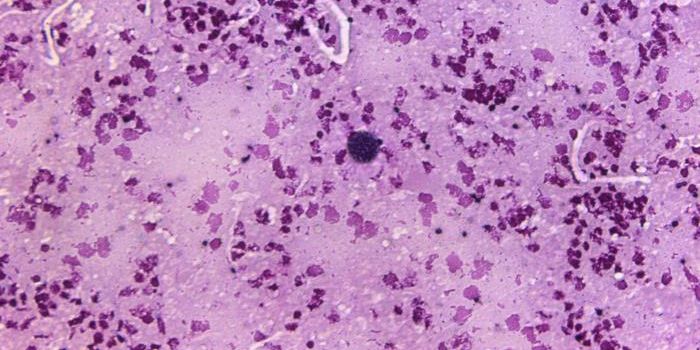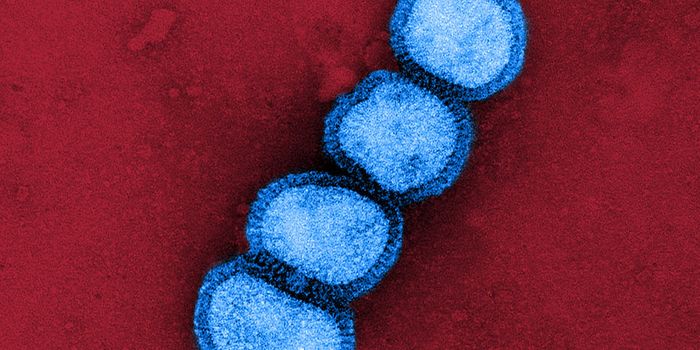In Infants, the Gut Virome is Linked to a Deadly Disease
As soon as we are born, maybe even before that, the human gut is colonized with microbes including bacteria, fungi, and viruses. Babies pick up microbes as they pass through the birth canal and while they breastfeed. People continue to acquire symbiotic microbes from their environment, foods, or even their pets. While a lot of the research into the gut microbiome has centered on bacteria, viruses in the gut shouldn't be ignored, scientists have noted. New research has suggested that the presence of certain gut viruses in the so-called gut virome may warn of the onset of a serious disease in infants. The findings have been reported in Nature Microbiology.
This study has shown that a pattern or signature of gut viruses is associated with necrotizing enterocolitis (NEC), which can cause a variety of symptoms including poor feeding or feeding intolerance, swelling in the abdomen, or lethargy. Surgery may be required to help patients, and the disease can be fatal.
Premature birth, in which an infant is born before 32 weeks of gestation, is on the rise in the US, although the reasons for that are unclear. Infants born pre-term may be healthy, but many are also at higher risk of a variety of disorders including developmental delays, cerebral palsy, and vision or hearing problems. NEC is the most common cause of a gastrointestinal emergency among infants, and premature babies are at much higher risk. About 90 percent of those impacted by NEC are premature infants.
Improved treatments for the disease are desperately needed, and they can be developed if we have a better understanding of the cause. Changes in the gut microbiome have been suspected, but a bacterial culprit could not be identified. In this study, the researchers assessed stool samples from 23 preterm infants every week over the first few months of their lives. Nine of the infants had NEC, while the others had similar ages and weights but did not have NEC.
The researchers used metagenomic tools to sequence all the genetic material in the samples, compare it to known sequences, and identify all the microbes in the stool. The research showed that infants with NEC have lower viral diversity in their gut microbiome. This diversity decreased significantly ten days before the infection started, suggesting that clinicians may be able to use the microbiome's signature as a biomarker for NEC onset.
The study also highlights how the gut microbiome could be used to prevent or treat disease, if we learn more about the composition of a healthy microbiome, and how to make changes when they're needed.
Sources: Arizona State University, Nature Microbiology









